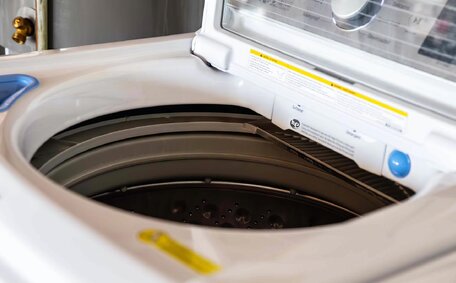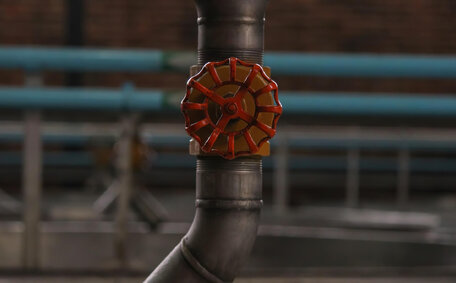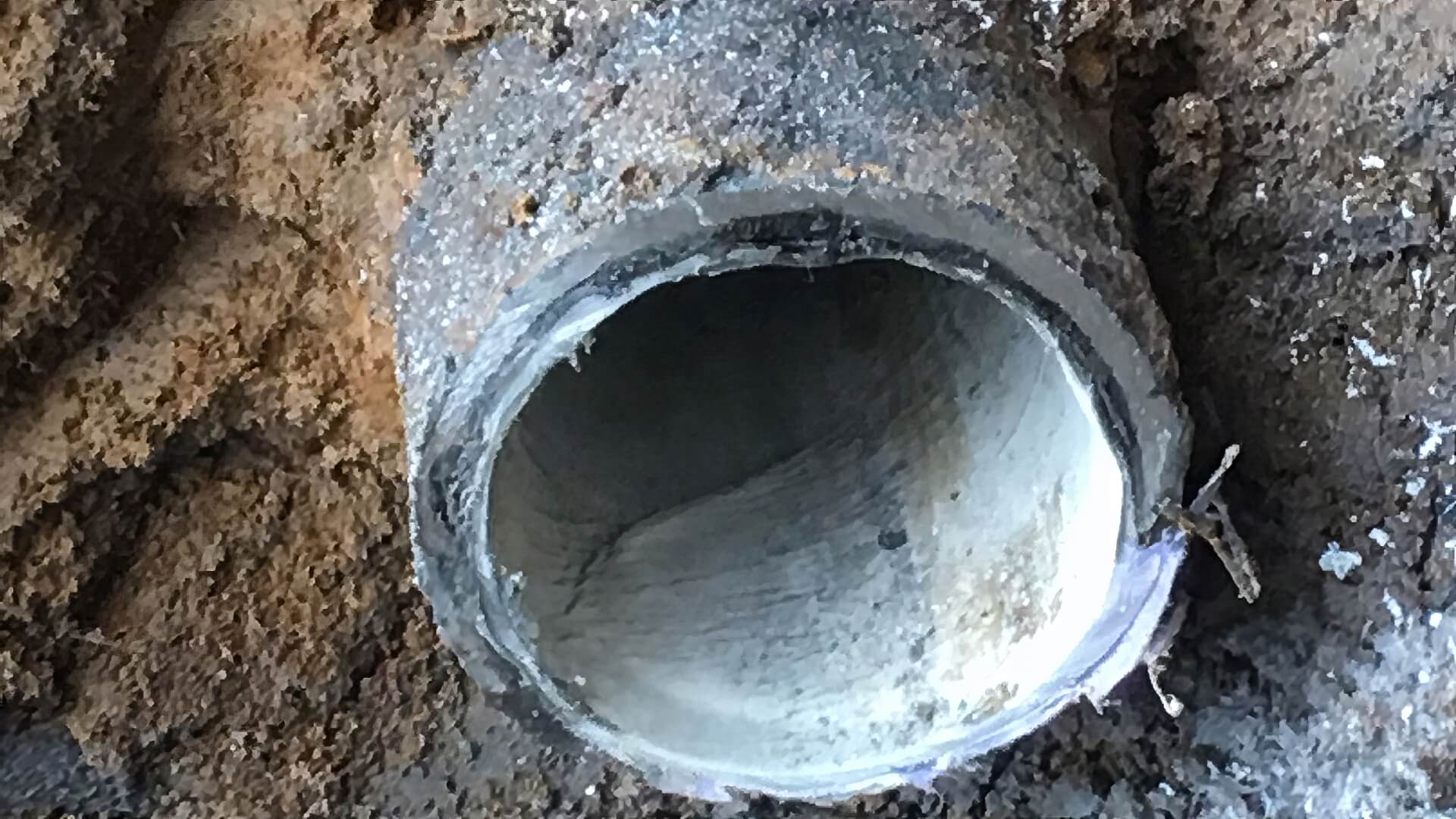Recognizing When It’s Time to Upgrade Your Hot Water System
Knowing when to upgrade your hot water system is key to maintaining efficiency and performance. Replace your system if it’s nearing or exceeded its life expectancy to ensure reliability.
Most hot water systems last 8 to 12 years, with wear often appearing by the 5 to 7-year mark.
Some clear indications that your hot water system necessitates a system upgrade include:
- Strange noises coming from your hot water heater like banging or clanking
- Leaking or visible corrosion on the tank
- An extraordinarily high energy bill from an inefficient system
- Taking too long to heat water (more than 10-15 mins)
A modern heat pump or an efficient gas system can significantly lower energy expenses and your carbon footprint.
Solar heat pump water systems can perform with up to 400% more efficiency than standard electric storage units, while still delivering instant hot water on demand during peak periods.
Combining heat pump and solar technologies greatly enhances water heater cost-efficiency over time compared to traditional electric models. Professional installers can provide guidance on selecting the optimal hot water heaters for your household. Take advantage of government incentives that can offset installation costs of energy-efficient models, making upgrades more affordable.
Key Signs Your Hot Water System Needs Replacing
Consider replacing your hot water system if it’s over 8-10 years old, before potential issues arise. However, there are some clear signs indicating when replacement is definitely necessary:
Inconsistent Hot Water
Frequent shortages of hot water during showers or prolonged heating times for sinks (over 1-2 minutes) suggest it’s time to upgrade your undersized system.
Leaking Tanks
Any visible water pooling around the hot water unit or internal corrosion can become a major issue, indicating a faulty storage tank that should be replaced. Left unchecked, leaks can cause significant damage and result in no hot water when you need it.
Noisy Operation
Strange sounds like banging, rumbling or loud clicking from your hot water system are a tell-tale sign something is wrong internally and the unit may break down soon.
Rust Coloured Water
Rusty or discoloured water is usually a sign of internal corrosion and sediments building up - requiring the tank be flushed or replaced entirely to prevent health hazards from contaminated water.
If you notice any of these warning signs, contact a licenced plumber to inspect your system and provide professional advice tailored to your household on selecting a suitable new water upgrade.
Comparing Hot Water System Types
When deciding on a new system, ask your plumber about the main type hot water options to consider:
Electric Storage
Electric storage heaters warm water using a heating element in an insulated tank, with reasonable upfront costs but potentially high long-term operating expenses.
Gas Storage
Natural gas or LPG hot water systems offer lower operating costs than electric, provided you have consistent gas access.
Heat Pump
Pump water heaters extract ambient source heat from the air to effectively warm water. Heat pumps are recognised for their efficiency, saving money on water heating by producing plenty of hot water using less energy - perfect for the Sydney climate. Though initial expenditures are higher, the savings in the long run are considerable.
Solar
Solar water heaters harness energy from the sun to warm water via roof panels, integrating into your system well. Well suited to the Australian climate, they provide substantial savings but need roof space for panels.
Consider upfront costs, ongoing running expenses, energy efficiency, household size compatibility, installation ease, and reliability when comparing systems. Our certified plumbers can evaluate your hot water service needs and offer customised recommendations for the best system.
Modern Hot Water Systems Offer Improved Efficiency and Features
Current water heating systems boast significant improvements in energy efficiency and features compared to those from 5-10 years ago. By upgrading to a newer system, Australian households can ensure benefits such as:
- Higher energy star ratings, which can save significantly on energy bills
- Faster water heating with tankless hot continuous flow or on demand heat pump systems
- Lower greenhouse gas emissions supporting sustainability
- Larger capacity tanks, accommodating bigger households
- Smart features like WiFi connectivity, timers, and intuitive controls
- Improved reliability and longer warranties
Heat pump hot water systems are markedly more energy-efficient than electric storage tanks, utilising free ambient air heat. This enables them to supply cost-free hot water in a variety of Australian climates, from the cooler Melbourne weather to the sunshine of Queensland.
Despite higher initial costs, modern heat pump or solar systems can cut water heating bills by up to 75% and often provide greater capacity. Their environmental credentials through lower COâ'' emissions also make them eligible for a hot water rebate to assist with installation costs.
Replacing outdated leaking tanks with a more efficient gas or electric heat pump model ensures a constant hot water supply meets your needs and reduces expenses over time, making the system more budget-friendly.
Sizing and Selecting the Right Replacement System for Your Household
When selecting a replacement hot water system, it’s crucial to choose the right size to meet your household’s needs both now and into the future.
A general guideline is to allow for at least 50-60 litres of water storage per person in your home to guarantee sufficient hot water for daily activities.
However, household size isn’t the sole factor to consider. How do you accommodate teenage children with a penchant for exceptionally long showers?
Also factor in your specific family’s hot water usage patterns - do you use more hot water in the mornings getting ready for work or school? Understanding peak usage times ensures your new system can deliver enough hot water when you need it most.
Often upgrading to a more efficient heat pump or gas continuous flow model of the same size as your old unit suffices, due to their advanced tankless design which outperforms traditional electric storage tanks.
Our licenced plumbers can easily assess your homes water heating needs, factoring in the number of occupants, bathrooms, your water usage habits, future needs and budget to recommend the perfect replacement hot water system.
Available Rebates and Incentives for Upgrading Your Hot Water System
Switching to an energy-efficient heat pump or solar hot water system can lead to significant energy bill savings, offsetting the higher initial investment. Luckily, the Australian government offers generous rebates and incentives to help with installation expenses.
Federal Rebates
The Federal Government’s Renewable Energy Target program offers STC credits as incentives for solar hot water system installations, with the number of credits varying depending on your climate zone and the number of panels. These credits effectively decrease the cost required to heat your home’s water.
State-Based Rebates
In NSW, efficient heat pumps and pump solar hot water systems are eligible for rebates under the Energy Savings Scheme. Rebates up to $1000 are available simply for installing an approved energy saving product. Our experts can assist you to find out your eligibility and navigate through the process.
Council Rebates
Many local councils also provide rebates for eco-friendly building improvements like solar panels or heat pump systems. Check with your council regarding specific rebate amounts, requirements and how to apply.
With the right rebates, you can pursue a water system upgrade to a modern, eco-friendly heat pump or solar model for less out-of-pocket expense. Contact our team - we handle all paperwork to access available rebates and incentives for your new system.
Professional Installation Recommendations for New Hot Water Systems
Installing a new system to replace your hot water system requires expertise to ensure it’s done properly, safely and built to last. While DIY replacement may seem like a cost-saving option, attempting complex gas or electrical works without qualifications risks hazardous outcomes.
We recommend enlisting professional plumbers from Pennant Hills Plumbing Pty Ltd for assessment, selection, and installation of your new hot water unit. As licenced tradespeople, we follow Australian plumbing regulations for safe, ethical and high-quality workmanship.
Benefits of Professional Installation
- Safe handling of dangerous gas or electrical connections
- Compliance with all relevant building codes and standards
- Quality workmanship and attention to detail
- Properly sized and tested system to suit your household
- Advice for choosing the right hot system tailored to your requirements
- Warranty protections and after sales support
While the upfront cost of professional installation may exceed DIY, it gives peace of mind your family’s health and safety come first. And avoiding potential hazards or replacement from incorrect installations makes it a wise long-term investment.
For personalised selection of pump water heating units and expert installation from a top-rated Sydney plumbing company, consult our friendly Pennant Hills team.
Maintaining and Caring for Your Hot Water System
Regular maintenance is essential to extend your hot water system’s efficiency and lifespan beyond the typical 8-10 years. We recommend scheduling annual maintenance checks and tune-ups to keep your system performing optimally.
Routine Inspections & Tune-Ups
Our licenced plumbers will perform the following during regular service:
- Check and adjust water pressure
- Inspect seals, valves, pipes for leaks or corrosion
- Remove sediment buildup to improve heat transfer efficiency
- Test and adjust thermostat temperature settings
- Ensure electrical components are wired properly
This preventative maintenance helps avoid unexpected breakdowns and extends your hot water system’s lifespan.
Replacing Anode Rods
Your hot water tank contains an anode rod, which is designed to corrode slowly and prevent the tank from deteriorating. We advise replacing anode rods every 3-4 years due to their crucial role in preserving your water heater, as part of standard maintenance.
Replacing these inexpensive rods is much cheaper than buying a whole new system. Our team can handle replacement during standard servicing to protect your tank integrity.
Simple care and maintenance allows your hot water system to run efficiently for years longer. Contact our Pennant Hills licenced plumbers today to learn more about maintenance options or to book your annual tune-up.






